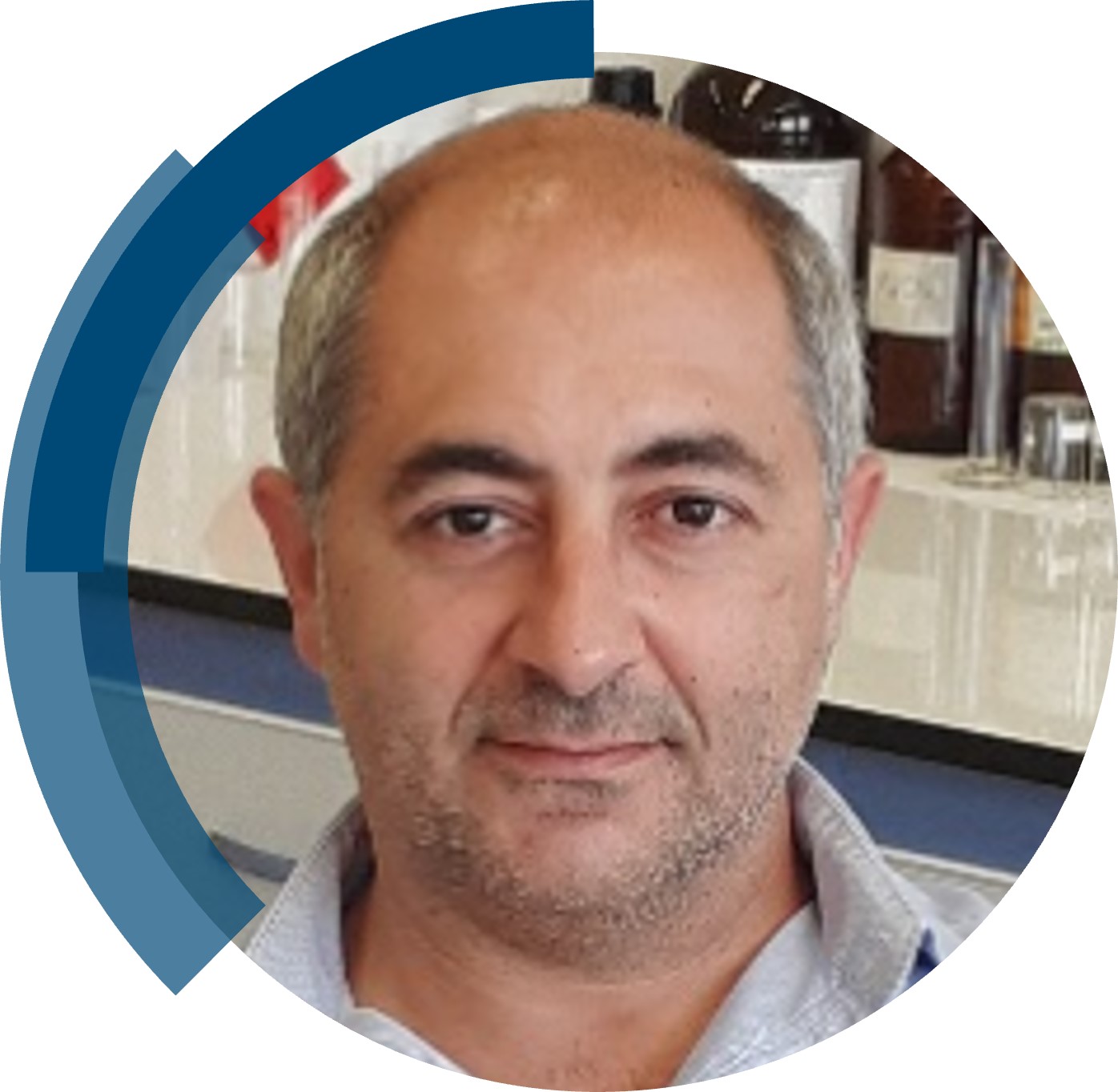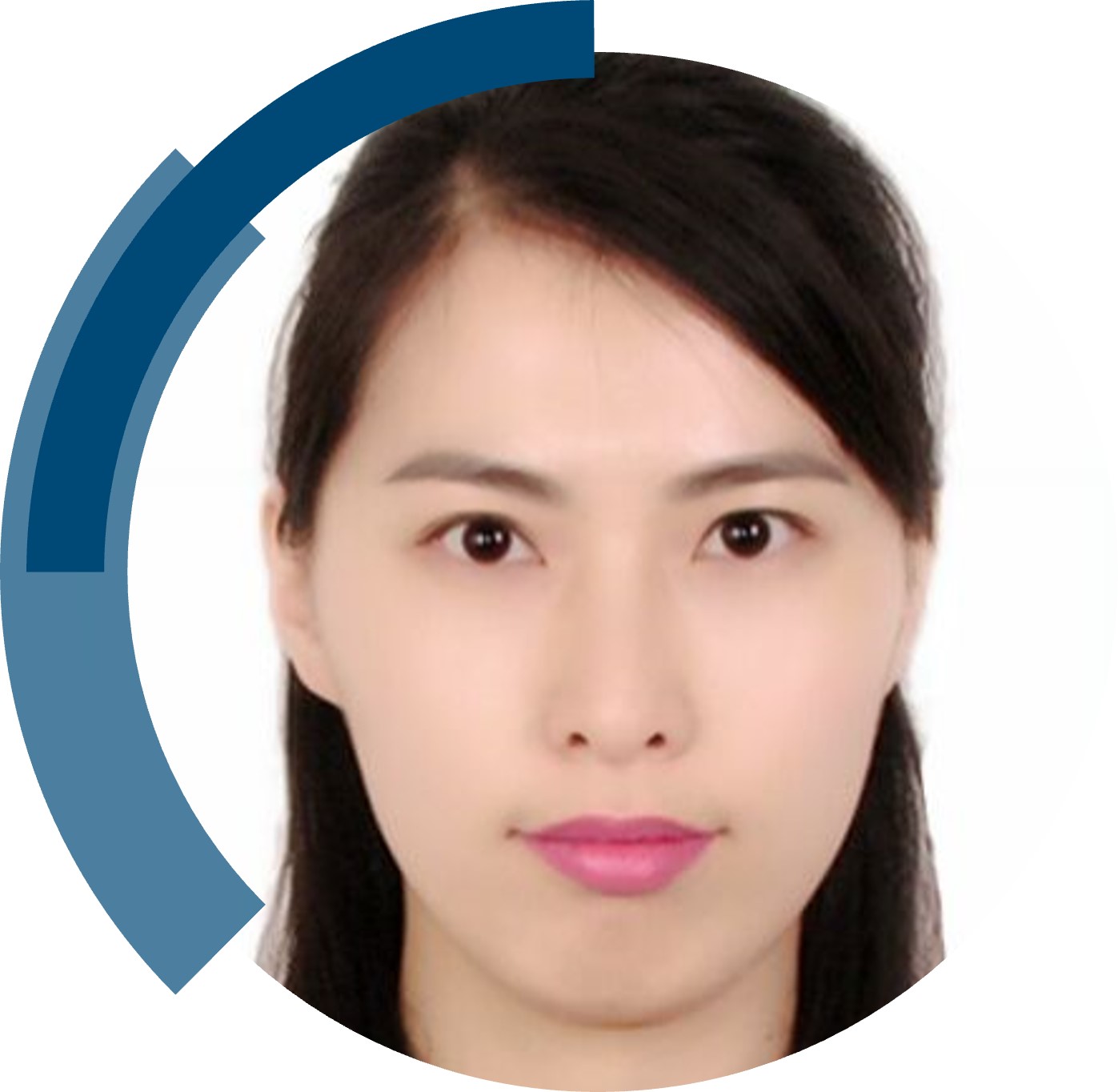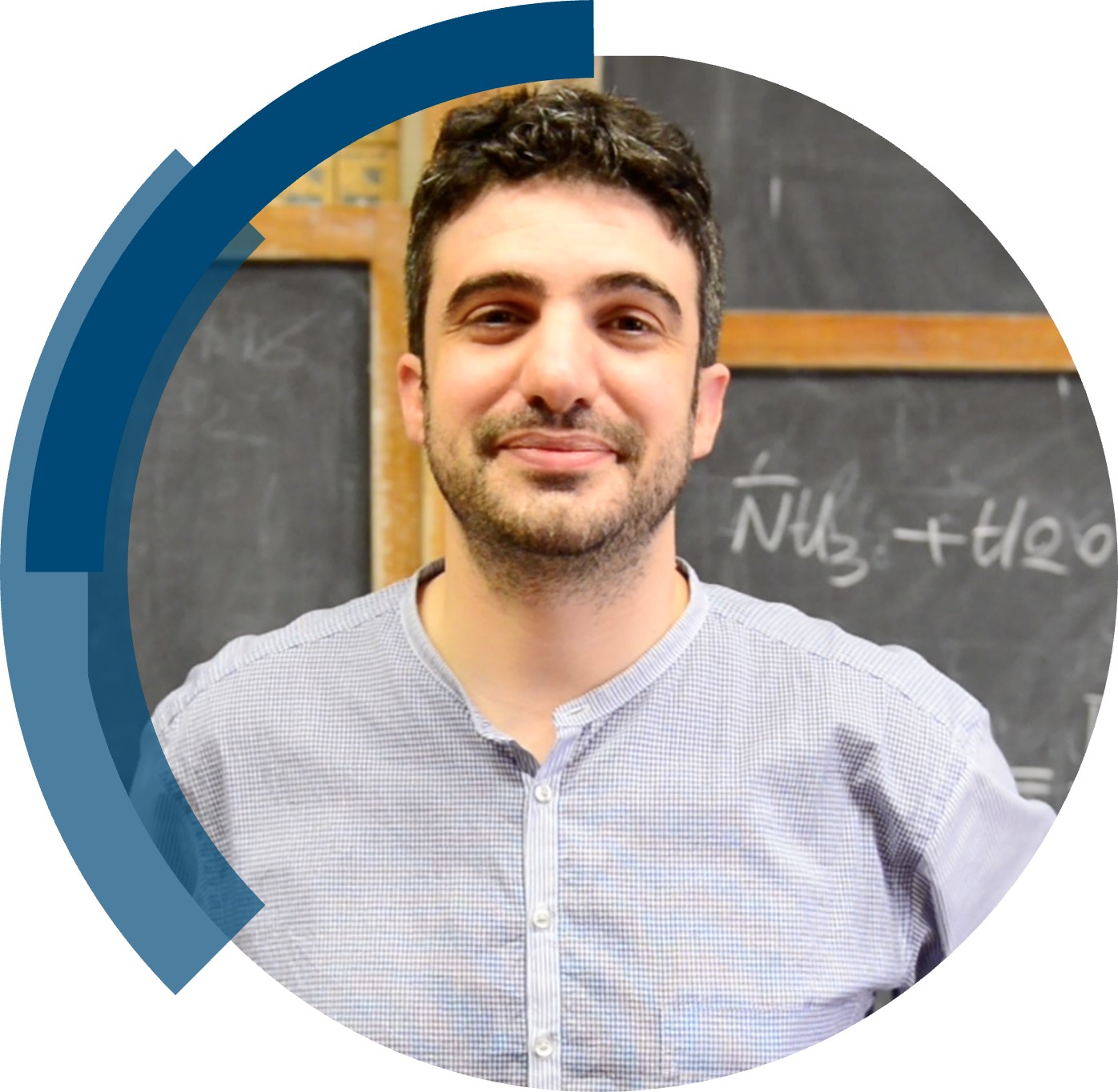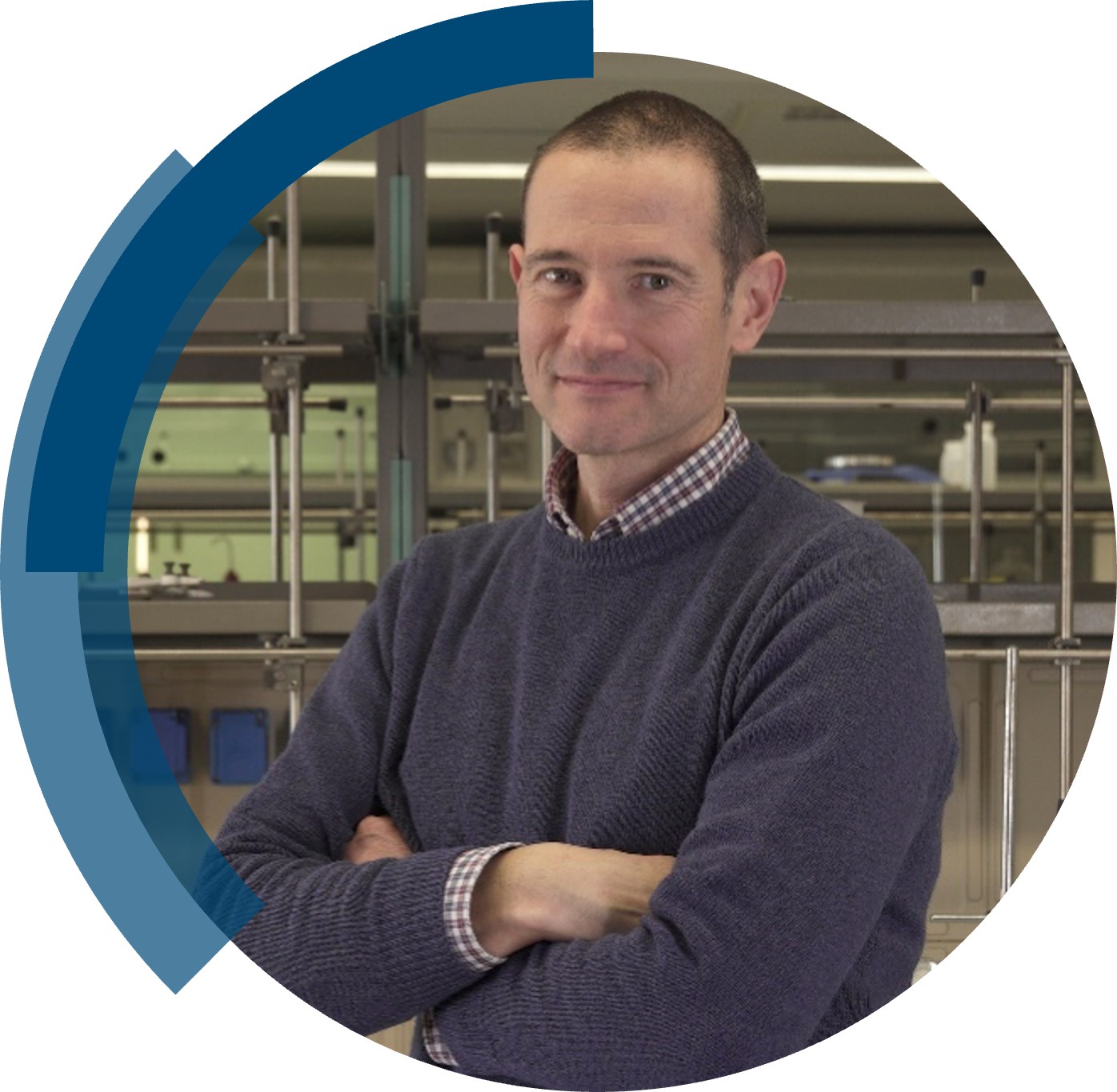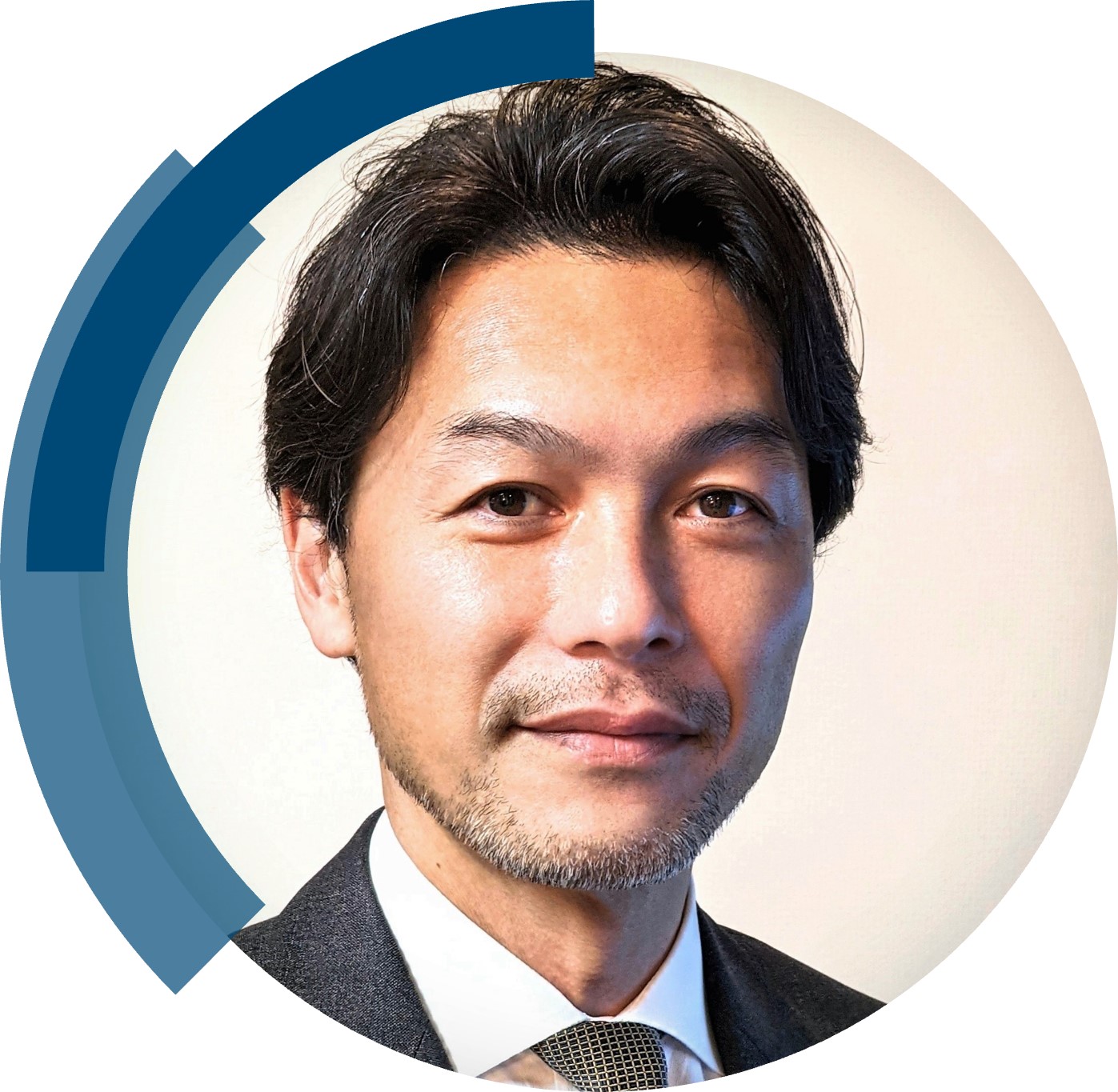ChemComm published its 60th volume in 2024. Over the past 60 years, ChemComm has been the RSC’s most cited journal, and one of the most trusted venues for rapid publication of short communications. In our anniversary year, we recognise the important contributions ChemComm has made, and continues to make, in advancing the chemical sciences.
As part of our anniversary celebrations, we’ve brought together a collection featuring the latest research from some of our most loyal and dedicated authors. From those marking the beginning of their independent academic career by publishing their first article with us, to the rising stars and established leaders publishing in our yearly ‘Emerging Investigators’ and ‘Pioneering Investigators’ collections, this collection champions the contributions of our worldwide author community. We are proud many authors choose to support our journal by regularly publishing their best work with us. This collection also features papers from our ChemComm Emerging Investigator Lectureship winners, and our Outstanding Reviewer awardees, whose invaluable feedback has shaped our published content through the years.
To accompany the collection, we’ll be publishing interviews with contributing authors where they provide further insight into their research and reflect on their journey with ChemComm.
Check out our interview with Pei-Xi Wang (Suzhou Institute of Nano-Tech and Nano-Bionics of the Chinese Academy of Sciences, China) below!
 |
Dr. Pei-Xi Wang was born in China in September 1992. He received his B.Sc. in chemistry from Jilin University in July 2014. He then moved to Vancouver in August 2014 to pursue a Ph.D. and completed his doctorate in chemistry at the University of British Columbia in October 2018, where he studied the microstructures and kinetics of liquid crystalline tactoids by electron microscopy under the supervision of Prof. Mark J. MacLachlan. Afterwards, he worked as a postdoctoral researcher in the MacLachlan group at UBC (2019/01-2019/12) and in the Edward H. Sargent group at the University of Toronto (2020/01-2020/11). Pei-Xi started his independent research as an associate professor in early December 2020 at the Suzhou Institute of Nano-Tech and Nano-Bionics of the Chinese Academy of Sciences, where he focuses on the synthesis of colloidal liquid crystals with semiconducting properties. |
How have you seen ChemComm evolve over the years and what aspects do you find most noteworthy?
In the first 60-year cycle (called 甲子 in Chinese) of ChemComm, a lot of important scientific discoveries have been published in its pages and then delivered to chemists of all disciplines. The long history of ChemComm and its worldwide reputation should be the most noteworthy aspects of this journal.
What is your favourite thing about ChemComm?
Obviously the four-page format, which makes the communication papers in ChemComm very easy to read.
In what ways do you think ChemComm stands out among other journals in your field?
Research articles in other journals are becoming increasingly long and wordy in recent years as many of them would never be physically printed on paper. Although additional characterizations (sometimes expensive and difficult to access, e.g. synchrotron X-ray diffraction), computational simulations, and application scenarios can help to cross-validate the experimental results and enrich the story, these add-on parts may not substantially contribute to the central concept of a study. On the contrary, the strict four-page limit of ChemComm allows the authors, reviewers, and readers to focus on the significance, novelty, and reliability of the manuscript, which makes this journal one of the most important platforms for fundamental researches.
How would you describe the peer review process and interaction with the editorial team at ChemComm?
I have published two papers in ChemComm including my first independent research. The peer review process at ChemComm was always very professional and efficient, where we received many helpful comments from the reviewers to improve our manuscripts. ChemComm has an outstanding editorial team that can perfectly present the text and figures in the finally published version.
Are there ways in which the journal can further support and engage with future generations of scientists?
The themed collection “ChemComm Milestones – First Independent Articles” has been providing great opportunities for early-career researchers.
Could you provide a brief summary of your recent ChemComm publication?
My recent ChemComm publication describes the transformation of colloidal dispersions of metal halide perovskite nanoplatelets into macroporous light-weight semiconducting aerogels with adjustable photoluminescence. By using cyclohexane as the solvent, which has a high triple-point temperature of 279.47 K with a vapor pressure of 5.388 kPa, the dispersions could be easily frozen with liquid nitrogen and then freeze-dried into aerogels in a commercial freeze-drier.
In your opinion, what are the next steps or potential areas of research that could build upon the findings in this paper?
In semiconducting aerogels, semiconductivity is combined with porous hierarchical superstructures that have the ability to adsorb small molecules such as water, sulfur dioxide, and nitrogen oxides from the surrounding atmosphere, therefore these materials may be used to fabricate electronic gas sensing devices.
Be sure to read Pei-Xi’’s full communication, “Luminescent macroporous aerogels of two-dimensional nanocrystals of metal halide perovskites with adjustable semiconducting bandgaps” to learn more!














